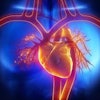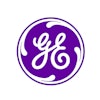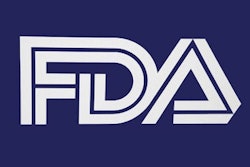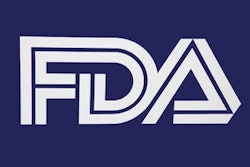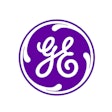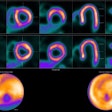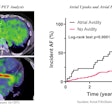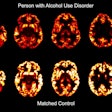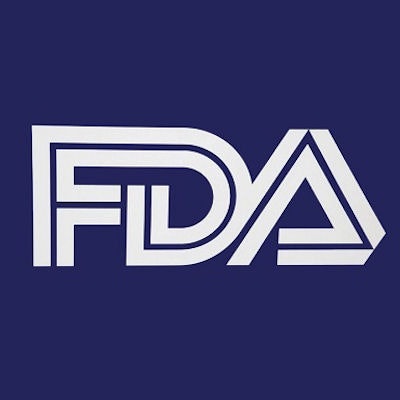
Brigham and Women's Hospital in Boston has responded to a recent warning letter it received from the U.S. Food and Drug Administration (FDA) regarding "significant violations" at its facility for producing PET radiotracers.
"The hospital has alerted the FDA that we will be submitting our formal response today [May 18]," a hospital representative said, adding "it is important to note that we have not had any patient-safety events related to the use of our radiopharmaceuticals."
The FDA issued a warning letter April 11 to Brigham and Women's after the hospital failed to adequately respond to violations investigators observed during a routine inspection at the hospital's Biomedical Imaging Research Core (BICOR). BICOR produces PET isotopes used in medical imaging.
The letter said FDA inspectors observed issues that violated federal current good manufacturing practices for producing PET tracers. These include inadequate measures to prevent contamination of equipment and personnel, as well as improper procedures to ensure equipment is clean.
In particular, the letter noted that in 2020, the facilities experienced a "series of water infiltrations located behind and above equipment used in the PET aseptic production operation.
"During the inspection, investigators also observed an overhead water supply pipe actively leaking onto the floor within your raw material storage area," the FDA letter said.
Brigham and Women's said the water leaks were due to multiple failures of a mechanical suite above the manufacturing area and that it has developed a "comprehensive" repair project to resolve the issue.
"We have taken several measures to ensure our physical environment is in line with the FDA standards. These include a full facility assessment, a number of significant investments in facility infrastructure improvements, and enhancements to our robust quality assurance process," the hospital said.
BICOR manufactures radiotracers for research staff and clinicians. The facility includes a medical cyclotron, radiotracer processing facilities, a radiopharmacy, a micro-PET/CT lab, and various support laboratories.



